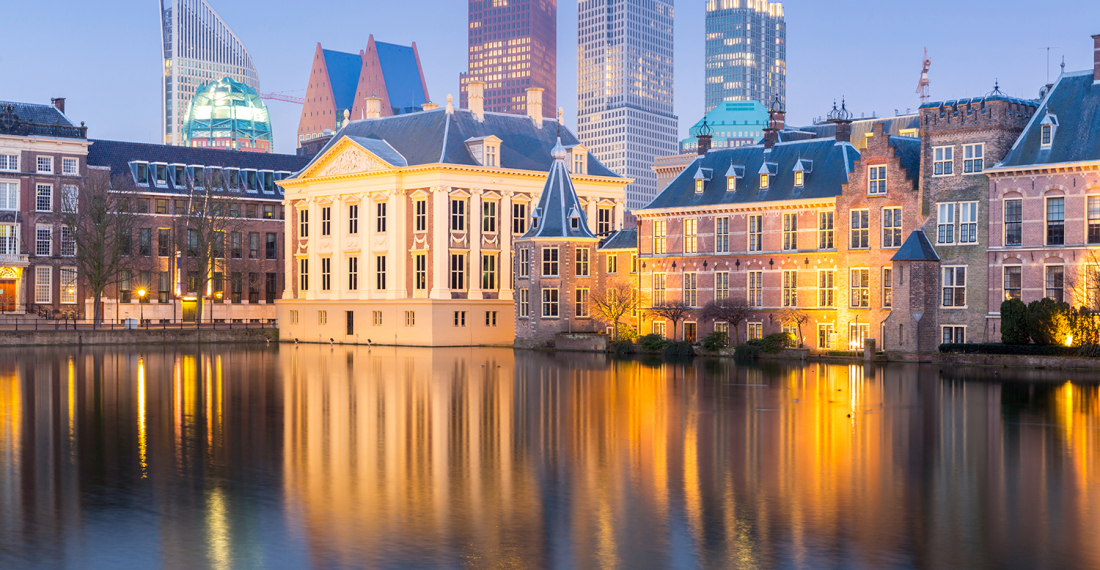This week in the city of the Hague, the foundation LINKS Europe will host three important meetings related to the South Caucasus region.
The city will welcome participants from Armenia, Azerbaijan and Georgia and beyond, many of who are involved in the delicate process of building trust and confidence between people after years of warfare and animosity in the South Caucasus Region.
Twelve experts from Armenia and Azerbaijan who form the Joint Liaison Group on Confidence-building measures in support of lasting peace in the South Caucasus, known in short as JOLIG, will hold their second plenary meeting for this year are expected to discuss further steps that can be taken in the aftermath of their 2022 report "Thirty measures between now and 2030".
read more on the work of JOLIG here
One of those measures was a proposal to hold an annual youth peace summer school. JOLIG is now in the process of launching the first summer school which will be held in Kachreti, Georgia in August, with the participation of thirty young participants from Armenia, Azerbaijan and Georgia. The Preparatory Committee of the Summer School will meet on Tuesday to agree the curriculum and the branding of the School, finalise the list of participants and discuss other organisational issues. The Preparatory Committee is made up of experts, academics and practitioners from across the region and Europe.
On Wednesday, LINKS Europe will host an important policy dialogue conference with the theme "The South Caucasus and the European Union – addressing challenges, seizing opportunities". Around thirty officials, experts, MPs and civil society activists from the three countries will join European counterparts for an intensive discussion on the future of EU-South Caucasus relations, being held at the historic Nuithuis building in The Hague. EU Special Representative for the South Caucasus, Toivo Klaar, and EU Special Representative for the Eastern Partnership, Dirk Scheubel are among those speaking at the event
A spokesperson for LINKS Europe said that the three meetings are,in their different ways, all symbolic and significant, and are being held at a critical juncture for the future of the South Caucasus region, and its relations with Europe. LINKS Europe has a long history of engagement with the region, and has for many years been particularly active in promoting peace, dialogue and reconciliation. "We are looking forward to three days of intensive meetings, discussions and debates, and we hope the outcome of the meetings will contribute to the wider ongoing process for peace and reconciliation in the region, and for stronger relations between the region and the rest of Europe", the spokesperson said.







